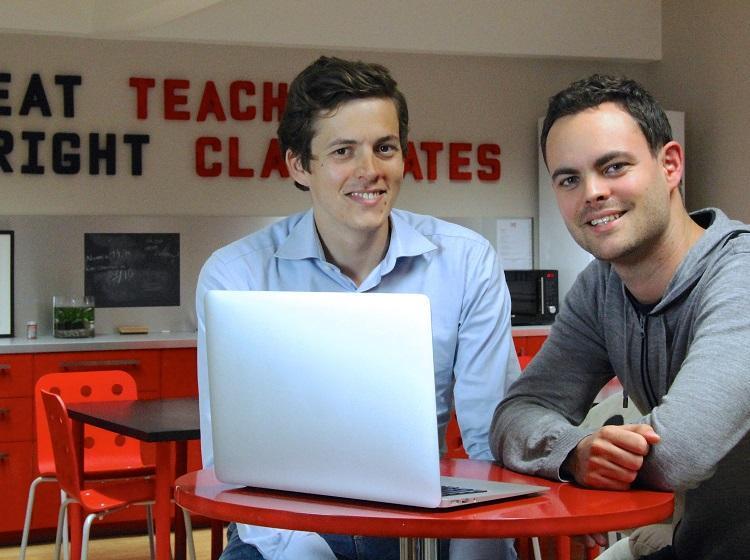The #FutureOfEducation Is Online

Who would be a student today? What was once a relatively carefree occupation – an exciting step into the adult world, the opportunity to study for a career – is now beset by uncertainty over one’s employment chances following graduation, and the certainty that large debts will accrue during one’s studies.
Yet change is in the air, and there are many reasons to be optimistic for the future of higher education. It’s true that we face an ongoing skills crisis, rising university fees, and rapidly changing demands in the skills required by business; but the world of skills and online learning is beginning to experience a revolution that promises answers to all these issues.
Online Revolution
And this revolution is taking place online. For some years now we’ve seen the rise of massive open online courses (MOOCs), and as these have proliferated so they have also grown in credibility. In November Oxford University – which was recently ranked as the best in the world – launched an economics course based on the MOOC-model.
It’s good news that one of the oldest and most respected universities in the world has embraced MOOCs, but millions of students around the world have already benefited from online learning courses.
Some students have even got government-accredited, degree-level qualifications that have enabled them to walk into the job of their dreams. And it took them both a fraction of the time, and the price, that a traditional degree would have.
Let’s not be too quick to sound the death knell of the university. There will always be a role for traditional universities and the experiences and learning they provide. But the example of Oxford shows us that even the best universities are beginning to appreciate the unique advantages of online learning – not least that they provide opportunities to huge swathes of the population for whom, for whatever reason, university is not an option.
That includes not only school leavers, but people who wish to change career, or equip themselves with new skills so that they can further their career.
Community Is The Key To Quality Online Learning
To create a rounded, competitive, learning experience, online students must have access to one-to-one guidance and a team of peers – community is a key to quality learning.
Through expert mentors, a system of peer-to-peer assessments and forums where students can bounce around ideas, OpenClassrooms elevates the online learning experience.
The social value of a course is often the first thing to be cut when it comes to online learning, yet its importance cannot be understated when it comes to building a degree that is more than simply ticking boxes – we have found that students using a mentor in our courses complete their degree at the rate of 87 per cent.
It’s fair to say that today’s students, brought up during the recent recession and facing an uncertain job market for the foreseeable future, are much more pragmatic than past generations when it comes to their education.
They tend to be paying more for their education, and understandably want to see real value from the time and money they put in. Yet a third of new UK graduates end up in low-skilled jobs and with an average debt of £44,000.
A Clear Pathway To Employment
While students may be much more discriminating about their education, MOOCs and other online learning pathways will only be a credible alternative if they can demonstrate a clear pathway to employment.
This requires two other essential factors: first, that these course will enable them to master relevant skills which employers need; and secondly, that the qualifications themselves are accredited by a respected and credible institution.
This is the model that has worked so well for OpenClassrooms. We work intimately with enterprises and have industry experts supporting learners as mentors, to ensure our courses teach real skills that businesses need.
These go all the way from introductory courses to degree-level. It’s one of the reasons why we have secured state accreditation for our qualifications that is recognised across 50 countries. In other words, students know that if they put the effort in, they’ll get something immensely worthwhile (and universally recognised) at the end of it.
We’ve already signed up more than two million students from around the world, and we’re not stopping there. OpenClassrooms has just launched its first English language degree-level qualification, a 100% online course in Web Development, which will bring a high-paid and rewarding career within reach of millions.
What, then, is the future of online learning in the UK?
The answer is collaboration: between course providers, employers, educators and governments. Together, we must design courses that combine thoroughness, excellent value for money and, above all, recognition. It’s the very least that our young people deserve.

Responses